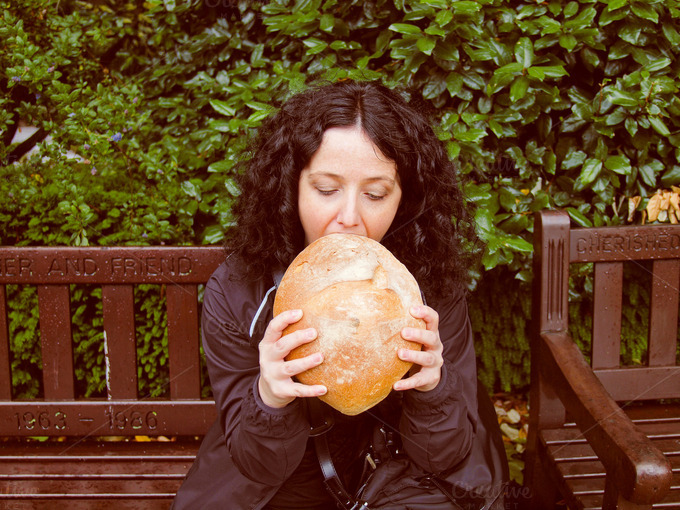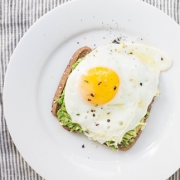Restaurants Around the World Rage Against Gluten-Free Fad
Sunday, September 13, 2015 – Opting for a gluten-free diet as a lifestyle choice rather than because of an actual intolerance to gluten is sending mixed messages to workers in the hospitality industry about what celiacs can or cannot eat, says Catherine Shanahan of the Irish Examiner Reporter.

That’s according to Dr Nicholas Kennedy, President of the Coeliac Society of Ireland (CSI), who said there are growing numbers of people on gluten-free diets “that have no medical requirement to do so.”

Menu choices by ‘gluten-free’ diners send mixed messages
“What you have is people who are not celiacs, on a very lax gluten-free diet, and they go into a restaurant and ask for gluten-free dishes, and they have a starter and a main course and then they see there’s nothing [gluten free] fascinating for dessert and they opt for cheesecake. That’s just a mixed message for the restaurant staff. People being slack about their gluten-free diet is causing problems for actual coeliacs,” Dr Kennedy said. “You are either coeliac or you are not. It is not a question of ‘how coeliac are you?’” Dr Kennedy said.
Another problem was the increasing number of people self-diagnosing gluten sensitivities which, he said, could cause difficulties when it came to being clinically tested for coeliac disease.

“Eliminating gluten from your diet before testing may result in a false negative result.”
“Eliminating gluten from your diet before testing may result in a false negative result,” Dr Kennedy said. People who self-diagnosed were also potentially denying themselves the opportunity for proper long-term management of their condition, he said.
Dr Ciarán P Kelly MD, professor of medicine at Harvard Medical School, said it had become increasingly popular to adopt a gluten-free diet and that, in the last decade, the market for gluten-free products had grown by more than 20% each year.
Dr Kelly, who along with Dr Kennedy, was addressing the Association of European Coeliac Societies annual conference in Dublin, outlined how consuming gluten causes symptoms such as bloating and discomfort in coeliacs, but also intestinal injury, high coeliac antibodies, malabsorption, and nutritional deficiencies.
If untreated, it can lead to complications such as osteoporosis. Those with coeliac disease tend to have a genetic predisposition towards the disease. It can be associated with other autoimmune diseases, and the only treatment is a lifelong strict gluten-free diet.

“People being slack about their gluten-free diet is causing problems for actual coeliacs.”
In contrast, those with non-coeliac gluten sensitivity tend to have no known genetic predisposition; no known complications; and the strictness of their gluten-free diet may vary.
Sinn Féin TD Caoimhghín Ó Caoláin, whose four children have coeliac disease, spoke in support of targeted screening directed at first blood relatives of those already identified as coeliacs.
Coeliac disease is more prevalent in those of Irish descent and an estimated 45,000 people are affected in Ireland. People with coeliac disease cannot tolerate gluten, a substance in wheat, rye, and barley.
**********
On the flip side, have you experienced the Gluten-Free Bait and Switch, “I hate it when restaurants claim to have a gluten-free menu. You call ahead to check and make sure that your Celiac can eat there. And when you arrive, there are three items listed. Two of which are a salad and the other one is stripped of all the delicious add-ons. And the side for salad is a salad because everything is cross contaminated in the kitchen. It makes me want to scream!” Read Restaurant Rant!
We’d love to hear from you! How do you ensure that your chef or server take your dietary concerns seriously?













